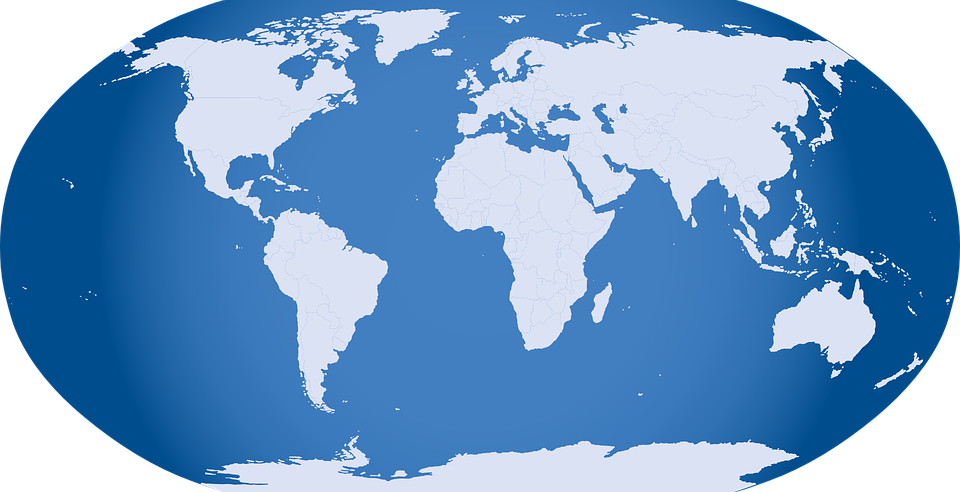
Almost each and every language has its own name for our planet. It is called ‘Dünya’ in Turkish, ‘Erde’ in German, ‘Terre’ in French, ‘Tierra’ in Spanash, ‘Terra’ in Portuguese and ‘Aarde’ in Dutch. It may seem strange, but the common thread or the basic idea in all the languages is that, they were all derived from the same meaning in their origins, which is ‘ground’ or ‘soil’.
It is considered that, the modern English word and the name for our planet ‘Earth’ is derived from the Anglo-Saxon word ‘Erda’ and it’s Germanic equivalent ‘Erde’ which also surprisingly means ground or soil.
The modern English word ’Earth’ entered into the language at least 1,000 years ago. The English language is evolved from the Anglo-Saxons (Germanic inhabitants of England) with the migration of certain Germanic tribes from the continent to Britain in the fifth century AD. Somehow, in Old English, the word became ‘Eor (th) e’ or ‘Ertha ‘. However, there is also a speculation that the origins of the word may be from an Indo-European language base ‘er’ which produced more modern adaptations of the word used in the languages today.

It is interesting to note that, except our planet, all the other planets were named after Greek and Roman gods and goddesses.